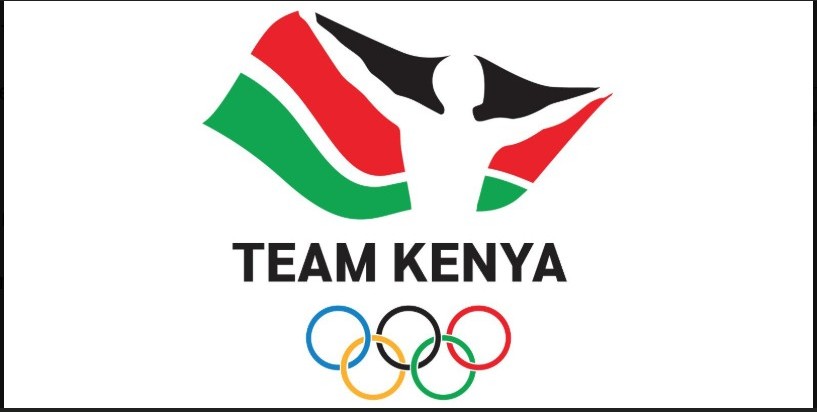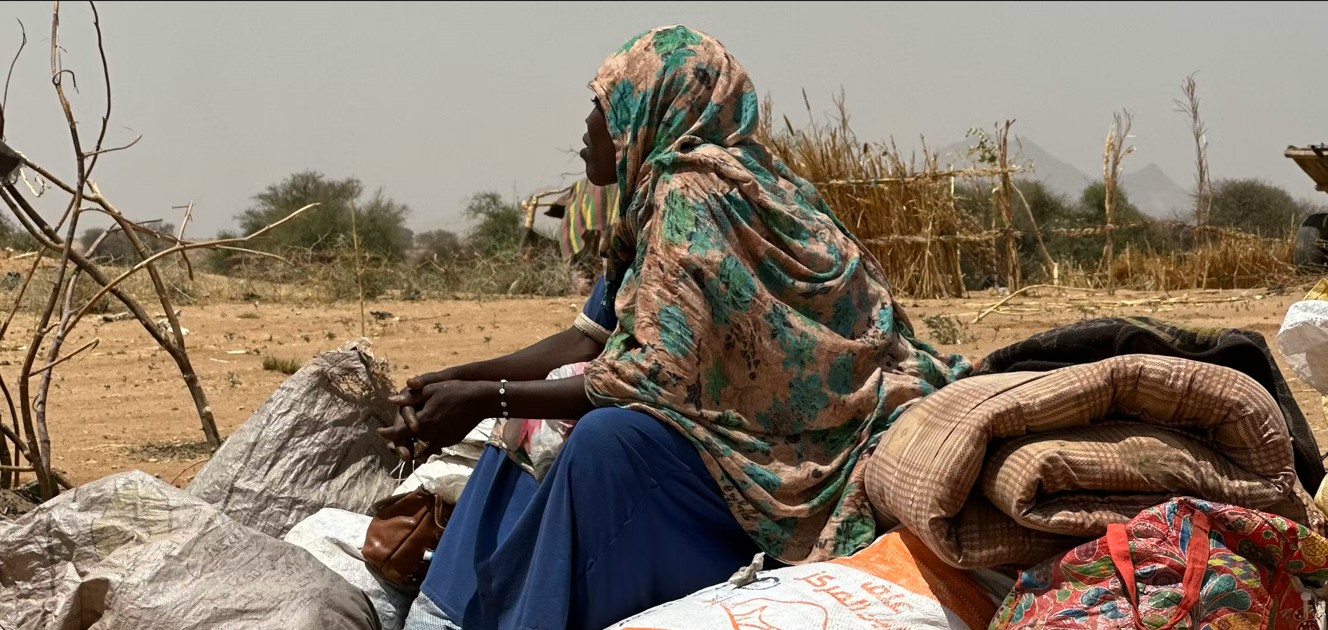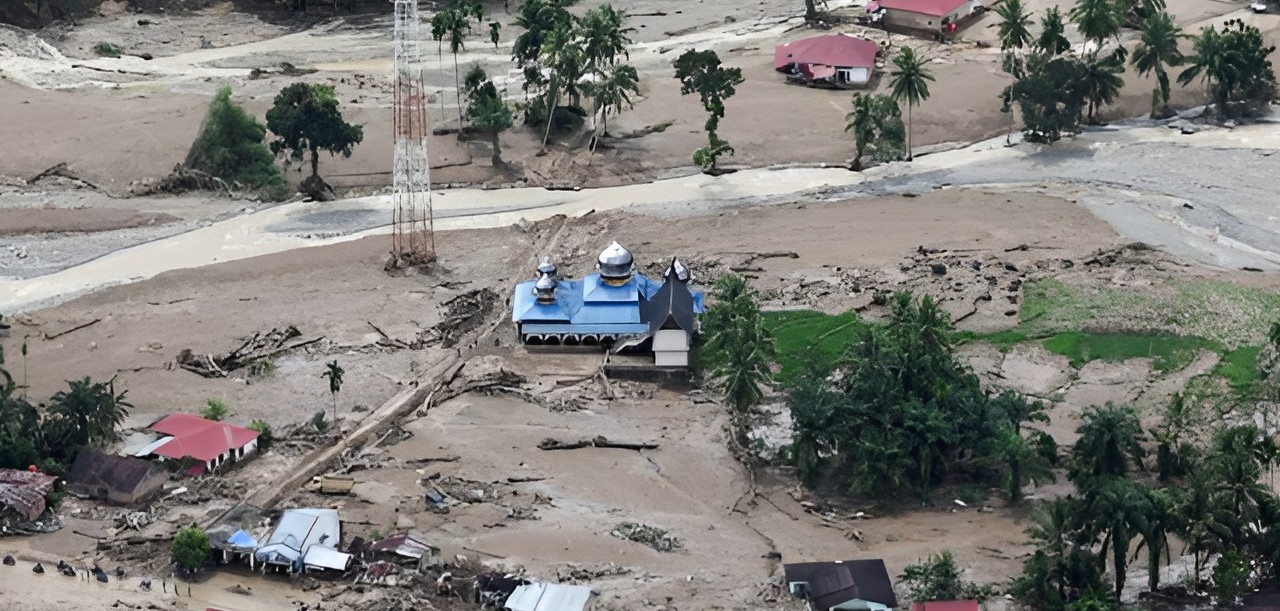Rwanda on track to declare Marburg outbreak over as last patient is discharged

Rwanda's Ministry of Health has implemented an enhanced surveillance plan to ensure the detection of any remaining chains of transmission.
Rwanda has taken a crucial step toward ending the Marburg virus disease outbreak after discharging its last patient on November 8, 2024.
With this discharge, the mandatory 42-day countdown period to officially declare the outbreak over has begun, assuming no new cases are reported during this period. The last confirmed case tested negative on October 30.
More To Read
- Rwanda Cabinet approves reforms on transport, currency, climate
- Flu shots: how scientists around the world cooperate to choose the strains to vaccinate against each year
- Wave of coups in Africa: What President Paul Kagame thinks
- Study flags stark inequities in global epilepsy care, medication
- DR Congo, Rwanda leaders to sign peace deal in US
- WHO warns of measles resurgence as vaccine gaps widen
Rwanda has reported 66 cases, including 15 fatalities, since the outbreak's declaration on September 27. The virus primarily spread in the country’s two major hospitals in Kigali, affecting health workers, who made up nearly 80 per cent of the cases.
Despite this high-risk environment, Rwanda’s quick and coordinated response has prevented any community transmission, underscoring the strength of its public health measures.
“This outbreak demonstrates that with the best available treatment, recovery is possible, and contributions to science can be made,” said Dr. Sabin Nsanzimana, Rwanda’s Minister of Health. "This outbreak's evidence will guide future surveillance activities and avert future outbreaks."
Rwanda's Ministry of Health has implemented an enhanced surveillance plan to ensure the detection of any remaining chains of transmission.
Over the next six weeks, nearly 60,000 community health workers will actively monitor any suspected cases, conducting rigorous contact tracing and testing. Those in contact with the last patient as well as previous patients will remain under a 21-day observation period, further strengthening the containment efforts.
The rapid response to the outbreak involved close coordination with the World Health Organisation (WHO) and other partners.
These efforts included deploying rapid response teams, monitoring contacts closely, and enforcing infection prevention and control measures, which quickly curtailed the spread of the virus. Confirmed cases dropped by half by the third week of the outbreak, and they continued to decline by nearly 90 per cent thereafter.
“Thanks to the concerted efforts of all involved, Rwanda is successfully emerging from a highly challenging outbreak, effectively mitigating its potentially devastating impacts,” said Dr Brian Chirombo, WHO Representative in Rwanda.
“I commend the government of Rwanda for the significant progress achieved. WHO remains committed to supporting these ongoing collaborative efforts until the outbreak is officially declared over,” he added.
The Marburg virus, a relative of the Ebola virus, is a highly virulent pathogen that causes severe hemorrhagic fever with a fatality rate of up to 88 per cent.
Fruit bats transmit the virus to humans, and it spreads through direct contact with the bodily fluids of infected individuals, as well as contaminated surfaces and materials. Supportive care, such as rehydration and symptom management, significantly improves survival rates, although there is no specific antiviral treatment for the virus.
Top Stories Today














































